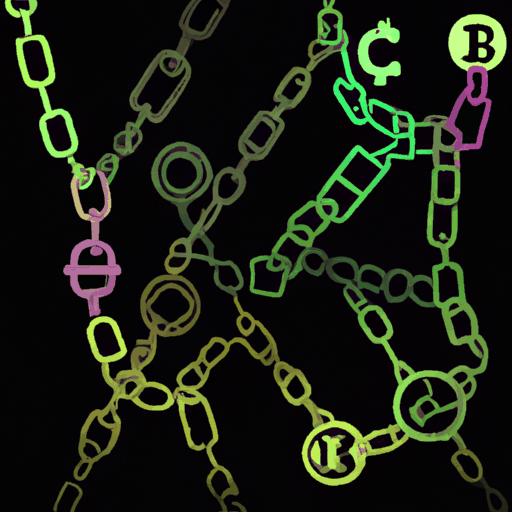
The Shift from Bitcoin Maximalism to DeFi Interoperability
By: Isha Das
The evolution of the cryptocurrency landscape is witnessing an intriguing shift as decentralized finance (DeFi) begins to outpace the once-dominant Bitcoin maximalist ethos. Historically, Bitcoin maximalism advocated that Bitcoin stood alone as the sole legitimate cryptocurrency. This perspective originated at a time when Bitcoin was the primary decentralized store of value, bolstered by a robust protocol and adherence to sound money principles. As new cryptocurrencies emerged, they were often dismissed as speculative or fraudulent in comparison to Bitcoin's well-established security and network effects.
However, the crypto world today is far removed from those early days. The rapid growth and innovation in DeFi and cross-chain technology have led to a reimagining of cryptocurrency ecosystems. Interconnected networks enabling seamless inter-blockchain interactions are now at the forefront, marking a departure from isolated ecosystems. Projects are increasingly integrating Bitcoin into the DeFi space as a native asset rather than solely relying on solutions like wrapped BTC. This integration represents a noteworthy evolution away from the maximalist view, which perceives Bitcoin's isolation as a virtue.
This shift underscores a pivotal flaw in the maximalist perspective — its reluctance to adapt to the dynamic cryptocurrency environment. Many modern users prioritize the convenience and accessibility of diversified services over strictly isolated platforms. DeFi offers unprecedented opportunities such as yield farming and decentralized exchanges, which enhance capital efficiency and empower users. Significantly, Bitcoin's integration into DeFi is enhancing its role as a cornerstone of modern finance, as exemplified by the vast amounts already locked within DeFi platforms. The presence of solutions like wrapped Bitcoin hints at the potential value that could be unlocked through true interoperability.
Simultaneously, a convergence between DeFi and traditional finance (TradFi) is gaining momentum, evidenced by initiatives from established financial entities like JPMorgan. The bank's collaboration with players like Chainlink highlights a concerted push to mix conventional institutional-grade payment systems with blockchain technologies, working toward a more inclusive financial ecosystem. This could herald accelerated adoption and a blurring of lines between TradFi and DeFi, with implications for Bitcoin's role within this interconnected domain.
As this trend continues, the notion of blockchain ecosystems working collaboratively rather than in competition becomes increasingly evident. Bitcoin's enduring value as a store of wealth is set to be complemented by its expanded utility through smart contracts, liquidity pooling, and cross-chain technologies. Maximalists who resist embracing these changes risk becoming obsolete as the industry standard shifts towards interoperability, effectively heralding a new era for Bitcoin within a united cryptocurrency landscape.



